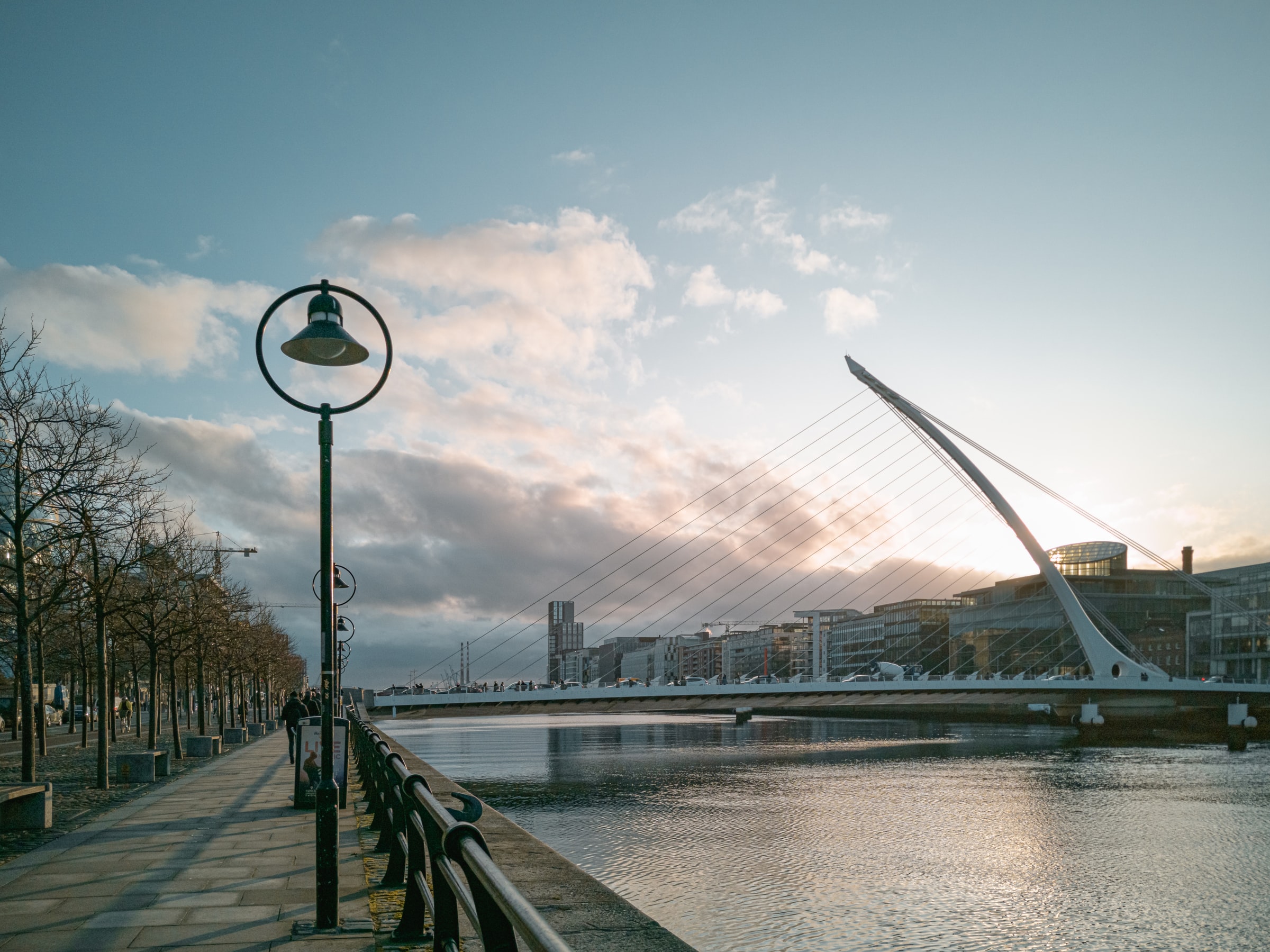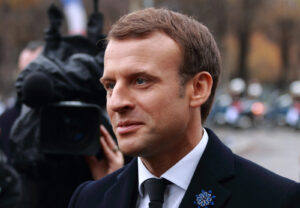Politics in Ireland, as we know it today, began 100 years ago when the country first declared independence from British rule. Ireland is a representative democracy with, up until recently, two major governing parties: Fianna Fáil and Fine Gael.
The two parties historically opposed one another, despite both stemming from the first iterations of the Sinn Féin party. They broke off into two factions for their differing views on partition; Fine Gael accepted the UK’s deal to keep Northern Ireland, while Fianna Fáil sought independence for the entire island. This division resulted in civil war. Though they lost the fight, Fianna Fáil became the most prominent party in Ireland up until 2011. At that point, it massively lost support, mainly due to its handling of the 2007 economic recession.
While the world continues to experience unprecedented times with the Covid-19 pandemic, Ireland was already making history in early 2020 when left-wing party Sinn Féin topped the polls in a historic General Election. However, despite Sinn Féin being the most popular party, it hadn’t been prepared for the surge in votes and did not put forward enough candidates to make up a majority government.
While Fianna Fáil and Fine Gael had fewer votes, they were larger parties, and it transpired that all three had a similar number of seats in the Dáil (House of Representatives). The scramble to make up a minority government began. Government formation discussions took months, and both Fianna Fáil and Fine Gael categorically ruled out joining forces with Sinn Féin due to their role in the violent civil conflict of the 1960s to1990s, known as the Troubles. Eventually, Fine Gael and Fianna Fáil formed a coalition with the Green Party. This in itself was an unprecedented government formation between rivals.
Meanwhile, the rise of Sinn Fein, which has in recent years attempted to distance itself from its dark past of paramilitary activity, can be primarily credited to a desire for change within the Irish public. For years the Irish government, either led by Fianna Fáil or Fine Gael, has been grappling with the same deep-rooted domestic issues of housing, healthcare, and transport. These issues preceded the global economic downturn of 2007-2008, and there is a bitterness that those in charge didn’t adequately deal with matters while the country experienced a decade-long economic boom. Many will say that Ireland’s ongoing housing crisis is the straw that broke the camel’s back. Sinn Féin has tapped into that public anger with their populist approach to politics and, in 2022, continue to top the polls.
Looking ahead, Ireland has a good political standing within its region, the European Union (EU). Having joined the European Union in 1972, Ireland was often seen in Europe as the country with the begging bowl due to it joining for economic rather than political gain. But much has changed since then, and Ireland’s flexible and fast-growing economy has enabled it to be in high rankings.
Ireland’s unique position in the Brexit process has also meshed the island nation closer to its continental counterpart. The EU gives strong backing to Ireland in Brexit negotiations to protect peace and free cross-border movement between Ireland and Northern Ireland, which is a part of the UK. However, since Brexit, Ireland has had to look to other member states to form alliances, and the country takes a pragmatic policy-focused approach to this. This can be seen in its attempt to align with Nordic nations on trade, education, and culture.
But perhaps its most prominent ally in the EU is France. Ireland has a longstanding history of relations with France, and today the two countries are close partners. Following French President Emmanuel Macron’s visit to Dublin in August 2021, Ireland’s Prime Minister, Taoiseach Micheál Martin, confirmed their link has never been stronger, saying, “France and Ireland are the oldest and best of friends.”
Outside of the EU, Ireland has strong bilateral relations with the United States. When it comes to Russia, the republic doesn’t share a close relationship. Its diplomatic relations with the Russian Federation did not start until 1973, but since Ireland’s election to the UN Security Council, both nations have been enhancing their high-level links.
As the country looks forward, the EU will likely look to Ireland to step up and be the diplomatic bridge to international partners by virtue of the country being the only English-speaking country left in the union. This is already the case with the United States in recent years. While Brexit presents many challenges, it is also an opportunity for Ireland to establish a more prominent political position on the global stage.
However, within its country bounds, the future of the political status quo may not be so secure. While the current administration has, for the most part, been credited for handling the Covid-19 pandemic well, the preceding issues of soaring rents, homelessness, and the failings of Ireland’s healthcare system continue to be a thorn in its side. Political pundits predict once the Covid-19 dust settles, there will be another General Election, and this time Sinn Féin will be ready for it, but it wouldn’t be safe to bet on them yet as voters’ loyalties to the party are yet to be proven. What is very clear, though, is that the Irish public is ready for change.




